

Matt Campbell
2025 Porsche 911 Carrera T review
6 Days Ago
Volkswagen is claiming to have some clever new driver-assist aids bundled into its Travel Assist, using shared cloud data.

Senior Contributor
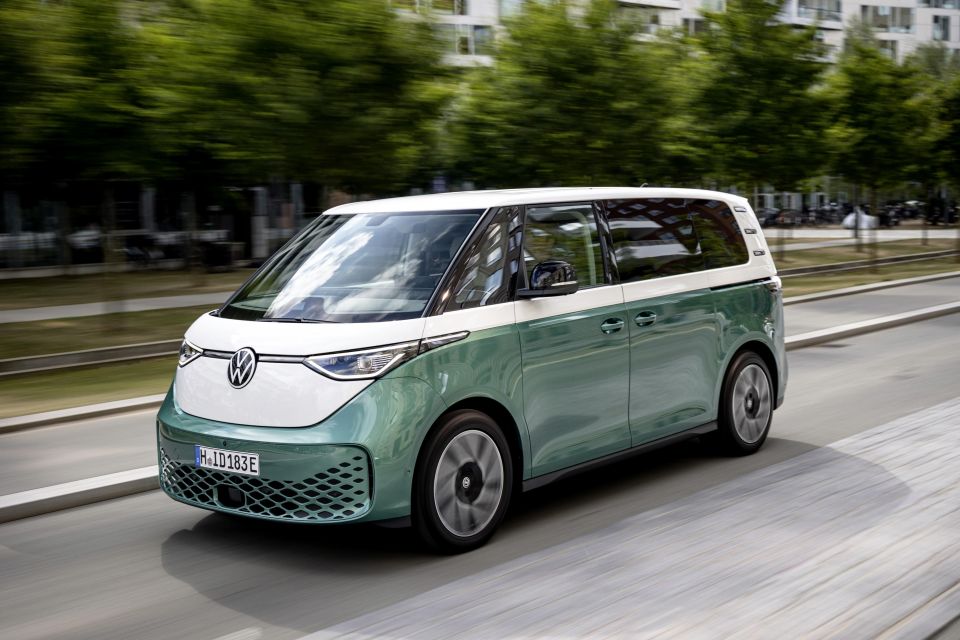

Senior Contributor
Volkswagen has given its ID. Buzz electric kombi an updated list of driver-assist functions using swarm data – information gathered by vehicles and shared via a company cloud.
The retro-inspired people mover’s expanded systems remain classified as hands-on partial autonomy, but are designed to be more helpful than current VW functions.
Anonymised swarm data is being generated by “several hundred thousand” Volkswagen Group vehicles, and comprises map material with specific features such as marker lines and road signs – which it automatically transmits to a data cloud.
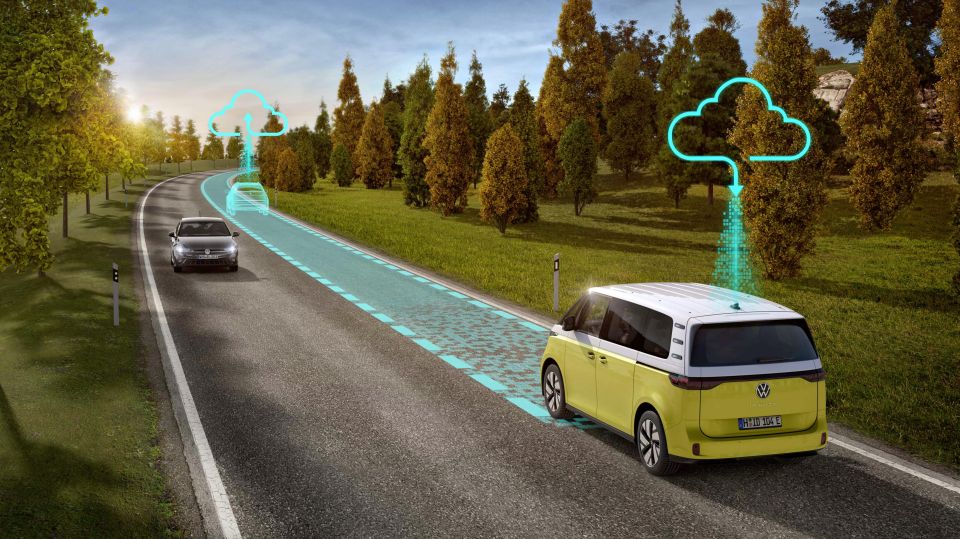
From there, individually adapted data is sent to participating Volkswagen models that are driving along relevant road sections. The database is growing all the time thanks to the large number of participating vehicles, VW claims.
An expanded lane-keeping aid with steering overrides looks suited to country roads, whereby if anonymised swarm data is available, the vehicle can use one identified road lane marking to keep the vehicle in lane – theoretically something suitable for some poorly lined (two-car-wide) Aussie roads.
Travel Assist, which pairs the lane-centring aid and adaptive cruise control, will also now position the vehicle closer to the left or right side of a lane as per the driver’s preference, and slow the vehicle automatically to take tightening corners – even roundabouts.
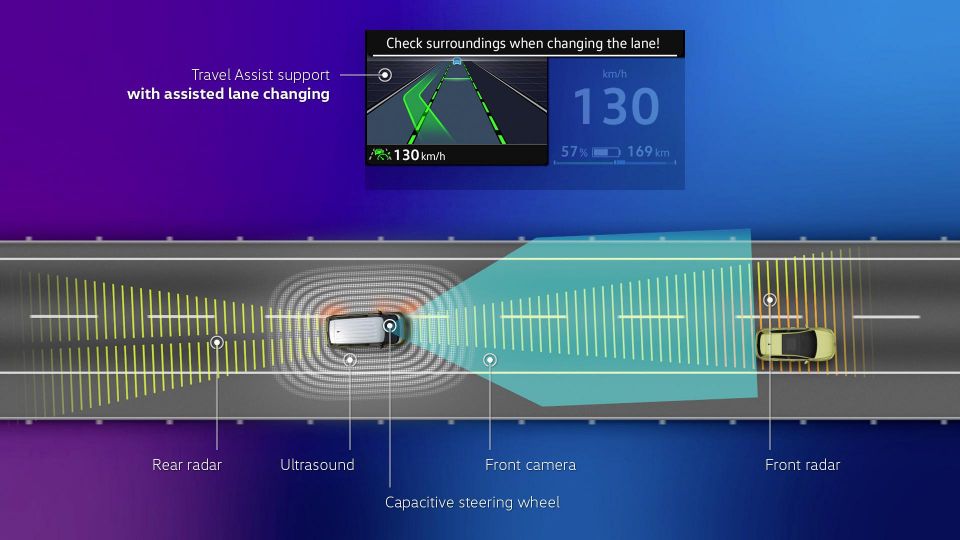
Moreover, when driving on motorways at speeds above 90 km/h, Travel Assist with swarm data can actively enable Tesla-style automated lane changes by just tapping the indicator. For the operation to be completed, the sensors must not have detected any objects around the vehicle and the capacitive steering wheel must be able to detect the driver’s hands.
Another addition is the expanded Park Assist Plus with memory function, used to teach the vehicle up to five individual parking manoeuvres.
The memory function remembers parking procedures at speeds below 40km/h and covering distances of up to 50 metres. The driver only has to park the vehicle once and save the parking procedure, then the ID. Buzz can repeat the learned parking manoeuvre on its own.
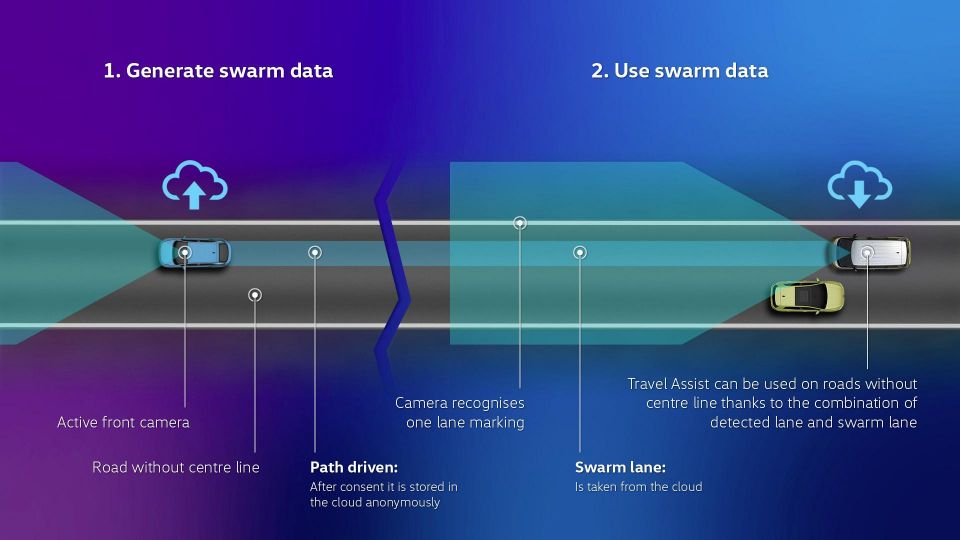
“We are taking the next step forward on the way to highly automated driving with the use of swarm data in the latest Travel Assist,” claimed Volkswagen Board of Management member for R&D Kai Grünitz.
“This is in line with Volkswagen’s commitment to offer premium technology and innovations in as many models as possible.”
On the subject of autonomy, Volkswagen recently pulled its support from autonomous driving startup Argo AI, but is reportedly already looking at a new partner.
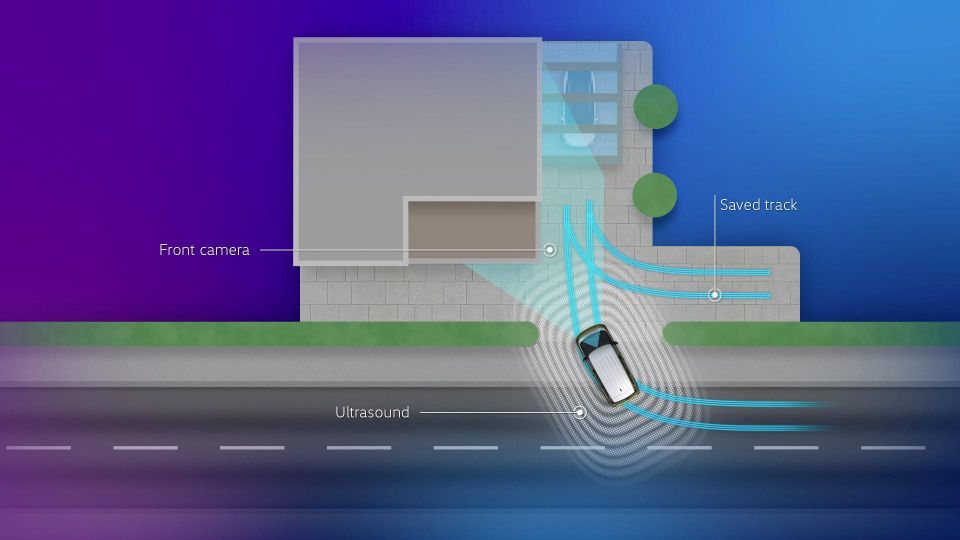
Reuters reports the German carmaker is planning to expand its partnership with Intel’s Mobileye to include its automated driving program, according to two sources familiar with the plan.
MORE: Volkswagen to work with Mobileye on autonomous driving – report
Where expert car reviews meet expert car buying – CarExpert gives you trusted advice, personalised service and real savings on your next new car.


Matt Campbell
6 Days Ago


James Wong
5 Days Ago


Max Davies
3 Days Ago
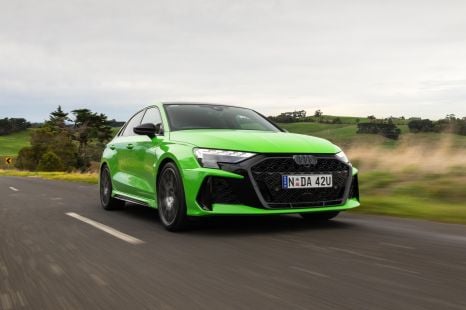

Josh Nevett
2 Days Ago
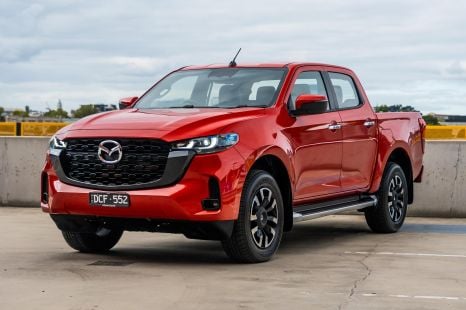

Josh Nevett
2 Days Ago
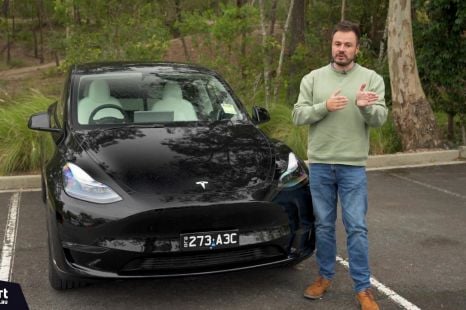

Paul Maric
14 Hours Ago